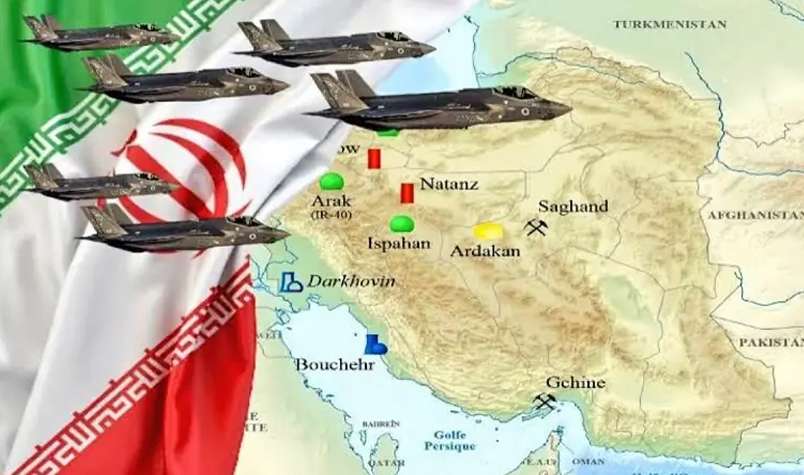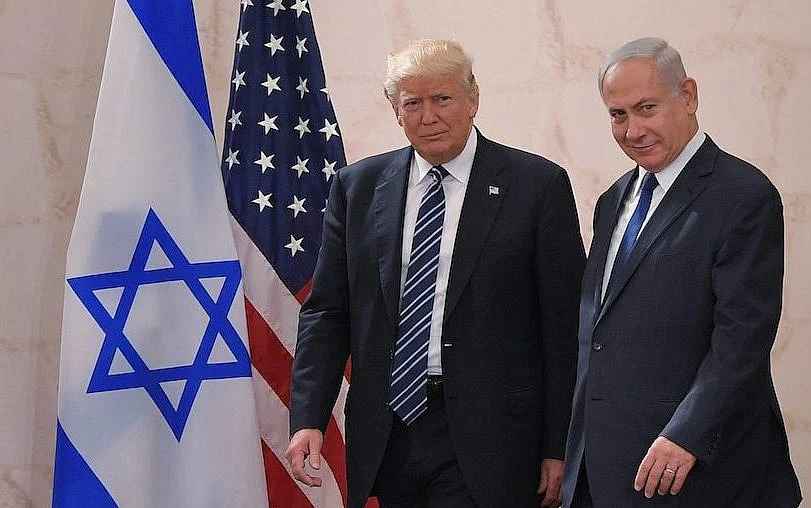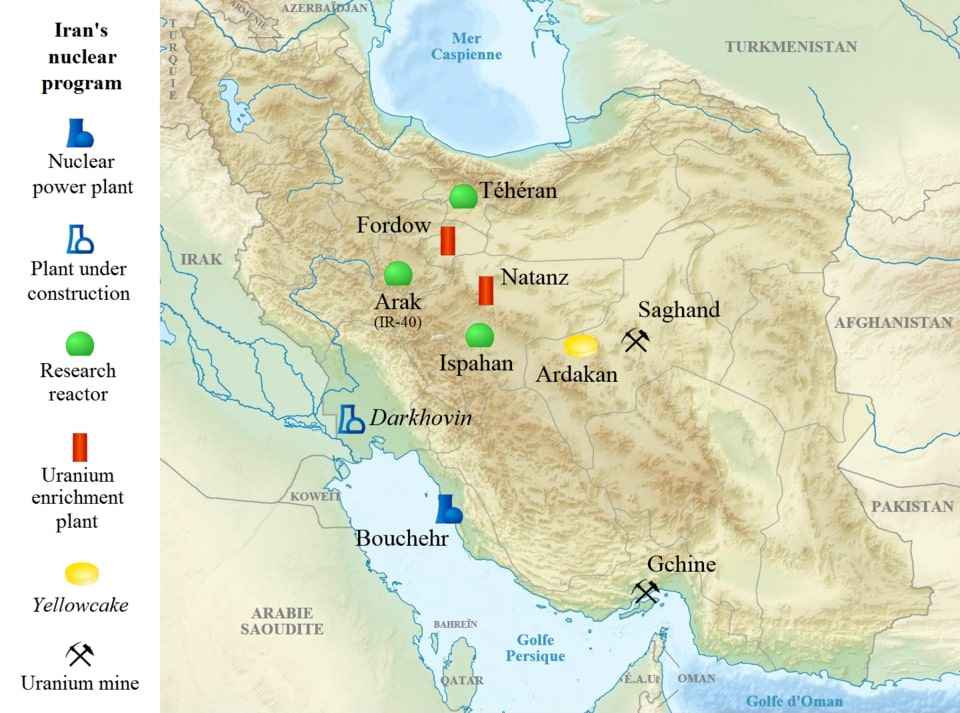While the stakes are higher and the edges are sharper, Middle Eastern political tradition tends to repeat itself. As Washington gets closer to resuming nuclear talks with Iran, Israel is at a crucial junction, quietly preparing for a possible attack on Iranian nuclear sites. Similar to a high-stakes geopolitical thriller, but taking place in real time. Israeli officials had previously informed the Trump administrations of their readiness to strike Iran’s nuclear infrastructure, regardless of the outcomes. The stakes are high, and Israel’s preparations suggest a possible willingness to act alone if negotiations fail to meet their security norms.
A Legacy of Distrust – U.S. – Nuclear Talks
To appreciate the significance of this moment, let’s look back by decades. At the start of the 2000s, disclosure on Iran’s secret nuclear program shook Western capitals. The 2015 Joint Comprehensive Plan of Action (JCPOA) provided a respite, but the Trump administration’s withdrawal from the deal in 2018 revived animosity. Tehran has gradually advanced its uranium enrichment towards weapons-grade ever since, based on American deceit and sanction. The Israeli government has long been wary of what it sees as Iran’s regional ambitions and support for proxy groups like Hezbollah and Hamas. And with Iranian centrifuges spinning faster than ever, Israel’s patience is wearing thin.
Backchannel Pressure and High-Level Warnings
In recent weeks, U.S. officials have scrambled to ease tensions. DHS Secretary Kristi Noem travelled to Jerusalem to caution Prime Minister Netanyahu against any premature military actions that could jeopardize negotiations. Reports even suggest at least one tense phone call between Netanyahu and President Trump, who remains hopeful about announcing a breakthrough.
“Something good might be coming in the next couple of days,” Trump hinted during a press interaction. But insiders have thrown cold water on that optimism, suggesting that any near-term result would be more symbolic than substantive, likely a framework for talks rather than a deal itself.
Israel’s Seven-Hour Window
Sources inside the Israeli security establishment suggest the country could be ready to strike within seven hours of receiving intelligence on nuclear escalation. That’s not posturing, it’s a warning. Israel has previously taken such action, including its 1981 airstrike on Iraq’s Osirak reactor and the 2007 destruction of a suspected Syrian facility. What is novel is the scale and sophistication of Iran’s nuclear program, much of which lies buried deep beneath the earth or dispersed across dozens of locations. An attack would require enormous coordination, and would likely provoke an enormous regional counterattack.
The Stakes Couldn’t Be Higher
Iran, for its part, says it has no intention of building nuclear weapons. But it has ruled out halting uranium enrichment as a precondition for any new deal. Still, there’s a sliver of hope: Tehran has expressed willingness to allow American inspectors under the International Atomic Energy Agency (IAEA) into its facilities if talks progress. That glimmer of cooperation is not lost on policymakers, especially in Europe and the Gulf, where any escalation could wreak havoc on oil markets and security alike.
The Road Ahead: Precarious and Uncertain
Israel’s message is loud and clear: if the U.S. won’t act decisively, it might. But such a decision carries enormous risk. A unilateral Israeli strike could spark retaliation not only from Iran but also from Tehran-aligned militias across Lebanon, Syria, Iraq, and Gaza. On the other hand, a successful agreement, however fragile, could buy time, lower tensions, and open space for further dialogue. The solution is in re-establishing confidence, verification and tackling local fears without glossing over them. This is an experiment not just for Israel and Iran, but the international system as a whole that wishes to limit nuclear weapons. One misstep could shift the balance. One step in the right direction could alter the course.



